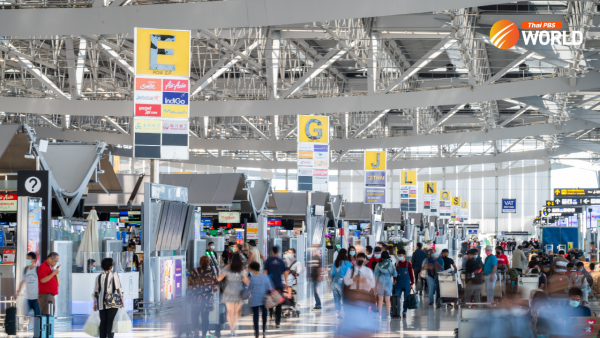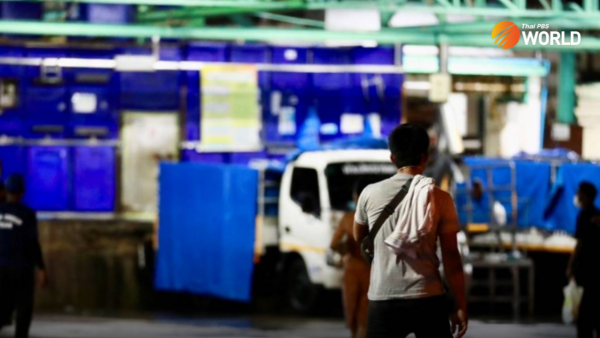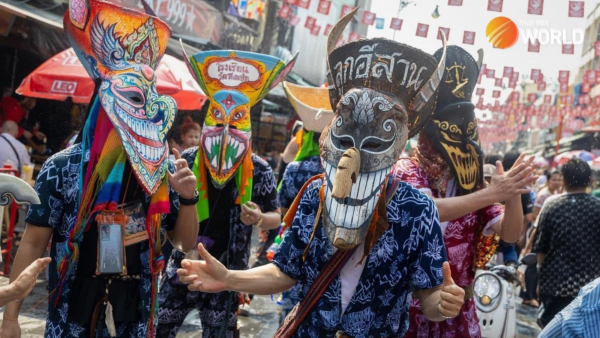It’s not how Cabinet looks; it’s how Prayut formed it

Prime Minister Prayut Chan-o-cha may have taken one step closer to the brink with the Cabinet he has set up. But it’s not quite about the “faces”, which are a mixture of quality and questionable figures. How he formed it matters more, when his pledge to “reform” Thai politics is concerned.
The way he shaped up his Cabinet is unhealthily traditional. By that, controversial characters made their ways to high government posts because either Prayut had to return the favor or they are party executives who conventionally couldn’t miss out and who couldn’t afford to let less senior party members do a job that the latter group is probably more qualified for.
That’s why Thailand has had Anupong Paochinda as interior minister and Prawit Wongsuwan as deputy prime minister. The two names have been more or less criticized and a lot of people must be asking why they have to be there. What is obvious is they are more essential to Prayut than they are to the public.
Party leaders and senior party members crowd the Cabinet. Democrat leader Jurin Laksanavisit will be given a chance as commerce minister, primarily because of his reasonably good image. The others can get the benefit of the doubt, but Thailand’s problem is that non-party executives, no matter how qualified, still cannot break the tradition of rewarding coalition party chiefs with ministerial posts even if they are more qualified than them for the earmarked positions.
Wednesday’s announcement came as a relief for many people, the majority of whom may not necessarily be concerned about how genuine Thai problems like narcotics, traffic or flooding can be fixed. Stock investors _ local or foreign _ can be relaxed now because problems in the ruling Palang Pracharat Party have abated. Pro-Prayut political activists are happy for the same reason. To a lot of Thais who were tired of waiting, they are just glad that at least those who are supposed to work for them can now start working.
Uttama Savanayana as the finance minister will be closely and nervously watched, however. His performance will go a long way toward determining how long Prayut can stay. There are untested and untried Cabinet members. Some of them have broken into a civilian government for the first time, while others are old faces but new in their positions. Again, if they manage to deliver, Prayut will get the credit, but if they prove to be poor, repercussions can be doubly bad for him.
With his habit of shooting back at reporters, Prayut will almost certainly ask them to give his Cabinet a try. That will be fair to a certain extent, but it cannot be said that he himself has tried a new way of forming his administrative team. A recent public apology by Prayut concerning the trouble plaguing the formation of his Cabinet suggested he was well aware of the existence of the vicious loop, but the final Cabinet list has shown he cannot get out of it.
Prayut is finding out that even though he can’t get away from the loop, he cannot please every political ally. A focus will be on the Sammitr (Three Friends) faction in the Palang Pracharat Party. Suriya Juangroongruangkit has become industry minister instead of energy minister as he had been reportedly promised. Somsak Thepsuthin is justice minister instead of getting the Agriculture Ministry.
Prayut may have stood closer to the brink now. But he may stay there longer than his opponents must have liked. As some analysts have stated, nobody like frequent elections, especially in Thailand, where winning seats in Parliament requires a lot of money. The prime minister’s rivals will also have to keep in mind that the Senate’s constitutional power in election of the chief executive will remain if this government collapses.
Ironically, if Prayut’s government is to crumble, it will be largely because of the fact that he needed to resort to the unhealthy practices of the past when it comes to forming the Cabinet. In order to achieve short-term survival, he may have potentially sowed seeds for serious trouble in the future.
That is bad news for him, but worse news for the Thai people is that if his government is to go down, it can be because of politics that has little to do with day-to-day problems of the country.






